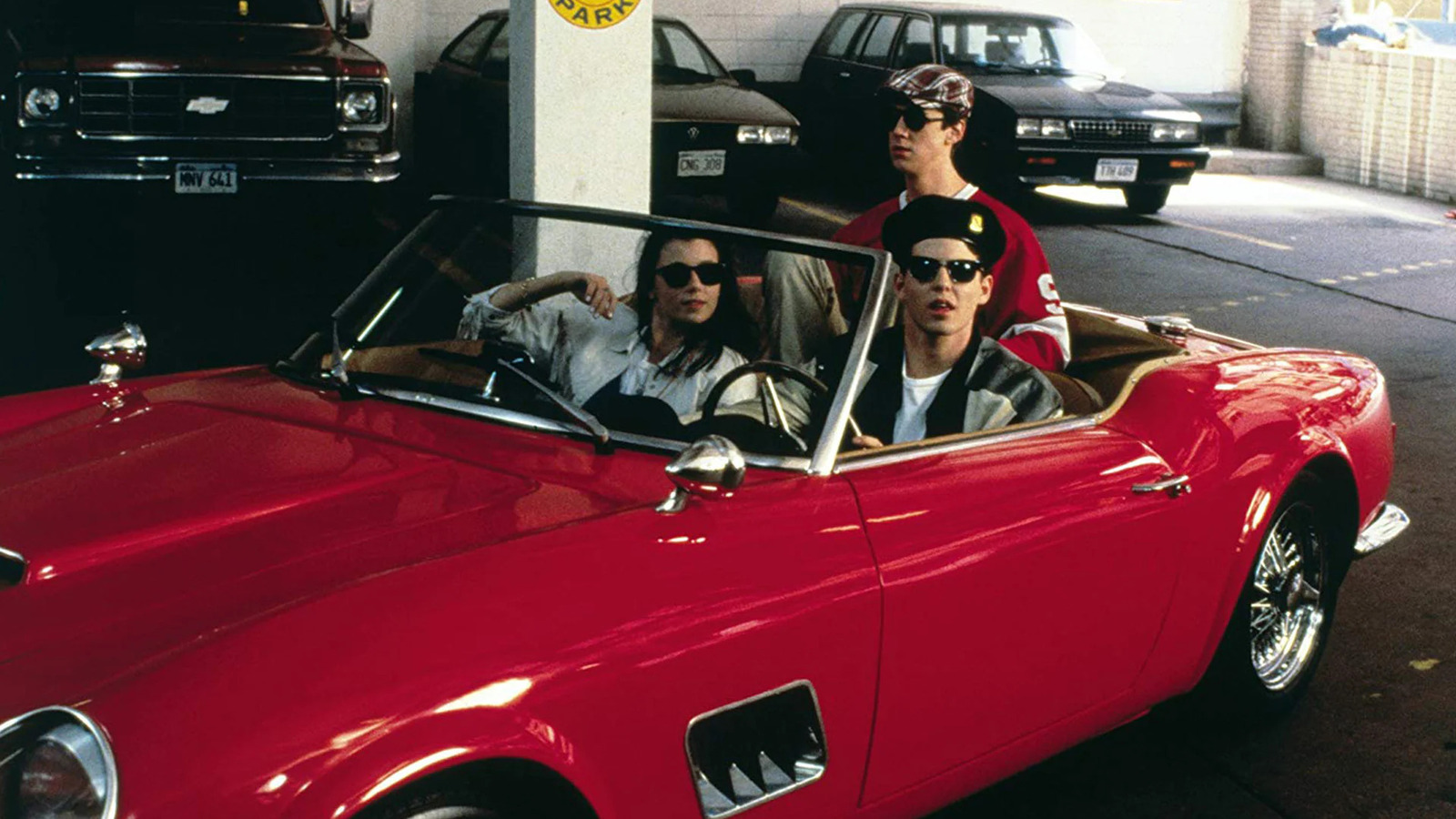- It could be the expense, or anxiety, or the fact that their social lives are online, but teenagers don't seem to want to drive much anymore. (Washington Post)
- The reason why subways cost so much more in the U.S. than the rest of the world can be summed up in one word: consultants. American transit agencies have outsourced their engineering expertise to the private sector. (Slate)
- There isn't any new technology that's going to save transit. They key is to use tools that already exist to create a seamless and equitable system for users. (Mass Transit)
- Autonomous vehicles will only reduce the need for parking if they're shared, pooled and complement transit, and the greatest benefits would be seen in auto-centric suburban areas, according to a study paid for by AV company Waymo. (Urbanism Next)
- If a California bill is approved, drivers will be charged to register vehicles based on weight, partially because heavier vehicles may be more dangerous to cyclists and pedestrians. (Los Angeles Times)
- St. Petersburg will keep its new Sunrunner bus rapid transit line fare-free for another six months. (Tampa Bay Times)
- Before redesigning its bus routes, Philadelphia transit agency SEPTA is looking at Houston, Baltimore, Miami and other cities that recently went through the same process. (Inquirer)
- Ohio legislators dropped a provision in the state transportation budget that would have killed a popular Cleveland bike lane project. (Statehouse News Bureau)
- Cincinnati's Red Bike bikeshare is expanding into more neighborhoods (Local 12). And bike lanes are included in the design for a new bridge between Ohio and Kentucky (WCPO).
- Ann Arbor and the University of Michigan have an agreement for 400 public e-scooters and could add 100 e-bikes as well. (WEMU)
- If you desire to look at it, the New Orleans Times-Picayune has a streetcar photo essay.
Stay in touch
Sign up for our free newsletter
More from Streetsblog USA
Wednesday’s Headlines Are for the Children
From mothers with babies in strollers to preteens on bikes, much of the U.S. is hostile to families just trying to get around without a car.
Trump Priorities Spark Sudden Reorganization of Key Transportation Research Body
"It's [an] unprecedented overreach into science."
Ambulance Data Reveals That Boston Drivers Are 4 Times More Likely to Run Over Pedestrians From Black Neighborhoods
"Overall, residents of predominantly Black and Latino neighborhoods are about four times more likely than residents of predominantly white neighborhoods to be struck as a pedestrian."
Tuesday’s Sprawling Headlines
Sprawl seems to be having a moment, but it remains a very shortsighted and environmentally disastrous way to solve the housing crisis.
Does Constant Driving Really Make Our Country Richer?
A new study reveals that constant driving is making America less productive and prosperous — and getting people on other modes could help right the ship.
This Threatened Toronto Bike Lane Gets More Rush Hour Traffic Than the Car Lane
Toronto leadership claim "no one bikes" on their cities' paths — but the data shows otherwise.






